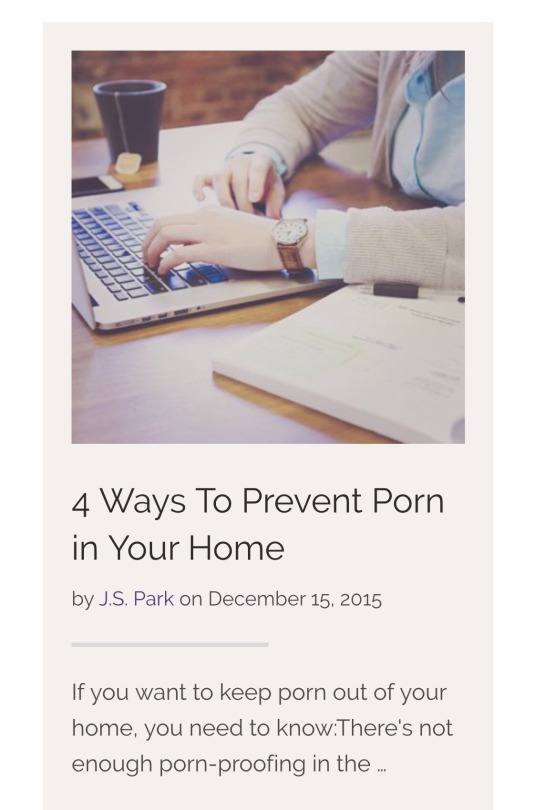Anonymous asked a question:
I went through a traumatic life experience about 3 years ago. As it played out over the last 2 years, I feel like I’ve lost my inner drive to do anything. What do I do?
Hey dear friend, I’m sorry to hear this and thank you for sharing about it with me.
While I’m not a doctor or therapist, I can speak just in my capacity as a trained hospital chaplain. Trauma is a serious issue that’s gotten a lot more attention in the last decade, which I’m really grateful for. I highly recommend reading The Body Keeps the Score. (Warning that it does contain some hard descriptions.)
– Therapy. I can’t recommend this enough. Self-disclosure is one of the absolutely best ways to get through trauma. Whether that’s with a therapist, friend, mentor, pastor: we need to talk it out. Jamie Pennebaker’s studies about self-disclosure reveal that it’s not just about venting, but sense-making. Even simply writing about your trauma (if you don’t like writing, then recording it by audio) for fifteen minutes a day for several days can have noticeable health benefits. Pennebaker suggests answering these two questions: Why did this happen? What good might I derive from it? (Quoted from The Happiness Hypothesis by Jonathan Haidt.)
– Interoception. When trauma occurs, it not only leads to a loss of personal and spiritual control, but also physical control of our own bodies. We can experience fatigue, chronic pain, numbness, depersonalization, or dissociation. In other words, we can become detached from ourselves. So often this happens because our internal narrative says, “This bad thing happened to me, therefore I am bad.”
One of the ways to fight this is to “master” our own bodies again. That can be done through exercise, yoga, dance, martial arts, bike-riding, or any sensory experience that requires rehearsed and specific moves. To get to know your own body again is to own your body again. (Concept of interoception from The Body Keeps the Score by Dr. Bessel van der Kolk.)



















